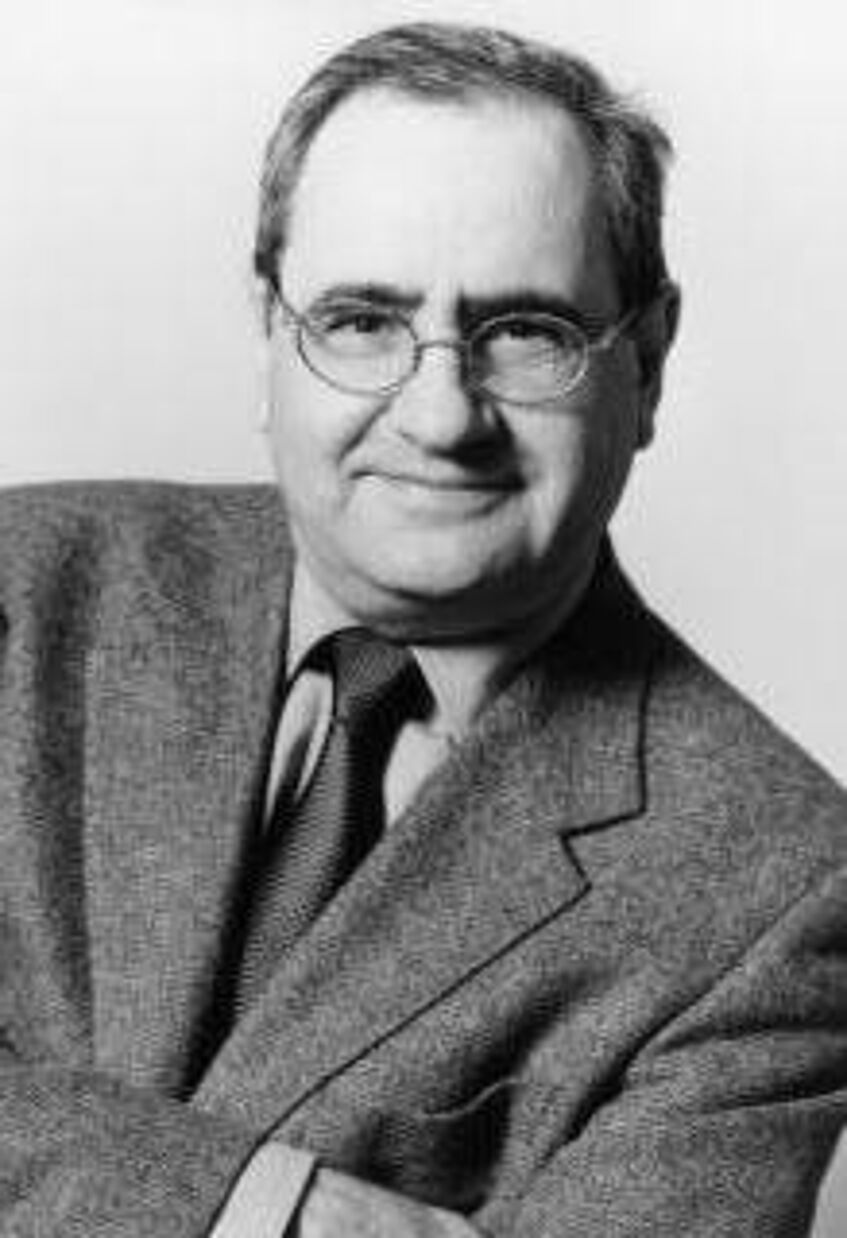2nd Gerald Stourzh Lecture on the History of Human Rights and Democracy
Pierre Rosanvallon
Democracy as Impartiality:
History and Problems
12 May 2010

Pierre Rosanvallon is Professor of Modern and Contemporary History of Politics at the Collège de France and a distinguished historian and theoretician of democracy. His work has been translated into 22 languages.
Following several publications on the history of democracy and the relationship of the state and civil society in France, the first two volumes of an internationally comparative trilogy on the historical development of modern democracies have come out: La contre-démocratie. La politique à l’âge de la défiance (Le Seuil 2006, engl. Cambridge University Press 2008); La légitimité démocratique. Impartialité, réflexivité, proximité (Le Seuil 2008). See also: Democracy Past and Future (Columbia University Press 2006).
Homepage of Pierre Rosanvallon
Abstract
Majority rule is not only a realistic principle of decision. As a pluralistic regime, democracy recognizes the divergence of interests and opinions, and electoral competition is organized around these differences and conflicts. In this respect, majority rule also means partisan politics: choosing sides, taking a stand. Yet at the same time there can be no democracy without a shared world and recognition of shared values, so that conflict need not escalate to the extreme of civil war. Both dimensions are legitimate and are to be respected. There is therefore a need to distinguish between majoritarian institutions on the one hand and impartial institutions (of consensus) on the other. The lecture will explore this dual nature of democracy. It will propose a democratic (and not only a liberal) theory of impartiality and discuss the types of corresponding institutions.
